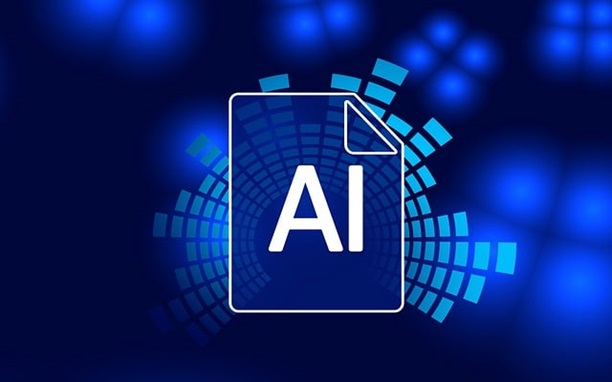Artificial Intelligence (AI) has made significant strides in recent years, transforming various aspects of our daily lives, including how we manage and compose emails. With advancements in natural language processing (NLP) and machine learning, AI can now read, interpret, and even compose emails, offering a range of benefits from saving time to improving communication efficiency. However, this capability also raises questions about privacy, accuracy, and the impact on personal and professional interactions. This article explores the current state of AI in reading and composing personal emails, the technologies behind it, its advantages, and potential concerns.
The Technology Behind AI-Powered Email Management
Natural Language Processing (NLP)
NLP is a branch of AI that focuses on the interaction between computers and humans through natural language. It enables AI to understand, interpret, and generate human language in a way that is both meaningful and useful. For email management, NLP allows AI to read and understand the context, tone, and intent of the messages.
Machine Learning
Machine learning algorithms help AI systems improve over time by learning from data. In the context of emails, these algorithms analyze large volumes of email interactions to identify patterns and make predictions. This learning process enables AI to provide more accurate suggestions for composing emails and organizing inboxes.
AI Assistants and Tools
Several AI-powered tools and assistants are designed to enhance email productivity. For instance, Google's Smart Compose and Smart Reply features in Gmail use AI to suggest responses and complete sentences as users type. Microsoft's Cortana and Outlook's Focused Inbox also leverage AI to manage and prioritize emails.
Benefits of AI in Reading and Composing Emails
Time-Saving
One of the most significant advantages of AI in email management is the time it saves. AI can quickly sift through large volumes of emails, categorize them, and prioritize the most important messages. It can also draft responses, allowing users to focus on more critical tasks.
Improved Efficiency
AI can help streamline email communication by providing quick, relevant suggestions for replies and follow-ups. This efficiency can be particularly beneficial in professional settings where timely responses are crucial.
Personalization
AI algorithms can analyze a user's writing style and preferences to compose emails that reflect their unique voice. This personalization ensures that AI-generated emails maintain a human touch, making them more relatable and effective.
Error Reduction
AI can help reduce errors in emails by suggesting corrections for grammar, spelling, and punctuation. Tools like Grammarly use AI to provide real-time writing assistance, enhancing the clarity and professionalism of emails.
Potential Concerns and Challenges
Privacy and Security
One of the primary concerns with AI reading and composing personal emails is privacy. Users may be uncomfortable with the idea of AI accessing their private correspondence. Ensuring robust data security measures and maintaining transparency about data usage are crucial to addressing these concerns.
Accuracy and Context
While AI has made significant advancements, it may still struggle with understanding the nuances and context of certain emails. Misinterpretations can lead to inappropriate responses or actions, potentially causing misunderstandings or conflicts.
Dependence on AI
Relying heavily on AI for email management can lead to a reduction in critical thinking and communication skills. It is essential to strike a balance between leveraging AI for efficiency and maintaining human oversight and interaction.
Ethical Considerations
The use of AI in personal communication raises ethical questions about the extent to which AI should be involved in human interactions. Issues related to consent, data ownership, and the potential for AI to be used in manipulative ways must be carefully considered.
The Future of AI in Email Management
As AI technology continues to evolve, its capabilities in reading and composing emails are likely to become more sophisticated. Future advancements may include:
Enhanced Context Understanding
AI will likely improve in understanding the context and subtleties of emails, leading to more accurate and contextually appropriate responses.
Greater Personalization
AI systems will become better at mimicking individual writing styles, allowing for more personalized and authentic communication.
Advanced Security Features
As privacy concerns grow, AI developers will focus on enhancing security measures to protect users' data and build trust in AI-powered email tools.
Integration with Other Technologies
AI email management tools may increasingly integrate with other technologies, such as virtual assistants and collaboration platforms, to provide a seamless and comprehensive communication experience.
Conclusion
AI has the potential to revolutionize how we manage and compose emails, offering significant benefits in terms of time-saving, efficiency, and personalization. However, it also presents challenges related to privacy, accuracy, and ethical considerations. As AI technology continues to advance, it will be essential to address these concerns and find a balance between leveraging AI's capabilities and maintaining human oversight and interaction. By doing so, we can harness the power of AI to enhance our email communication while safeguarding our privacy and maintaining the quality of our personal interactions.




